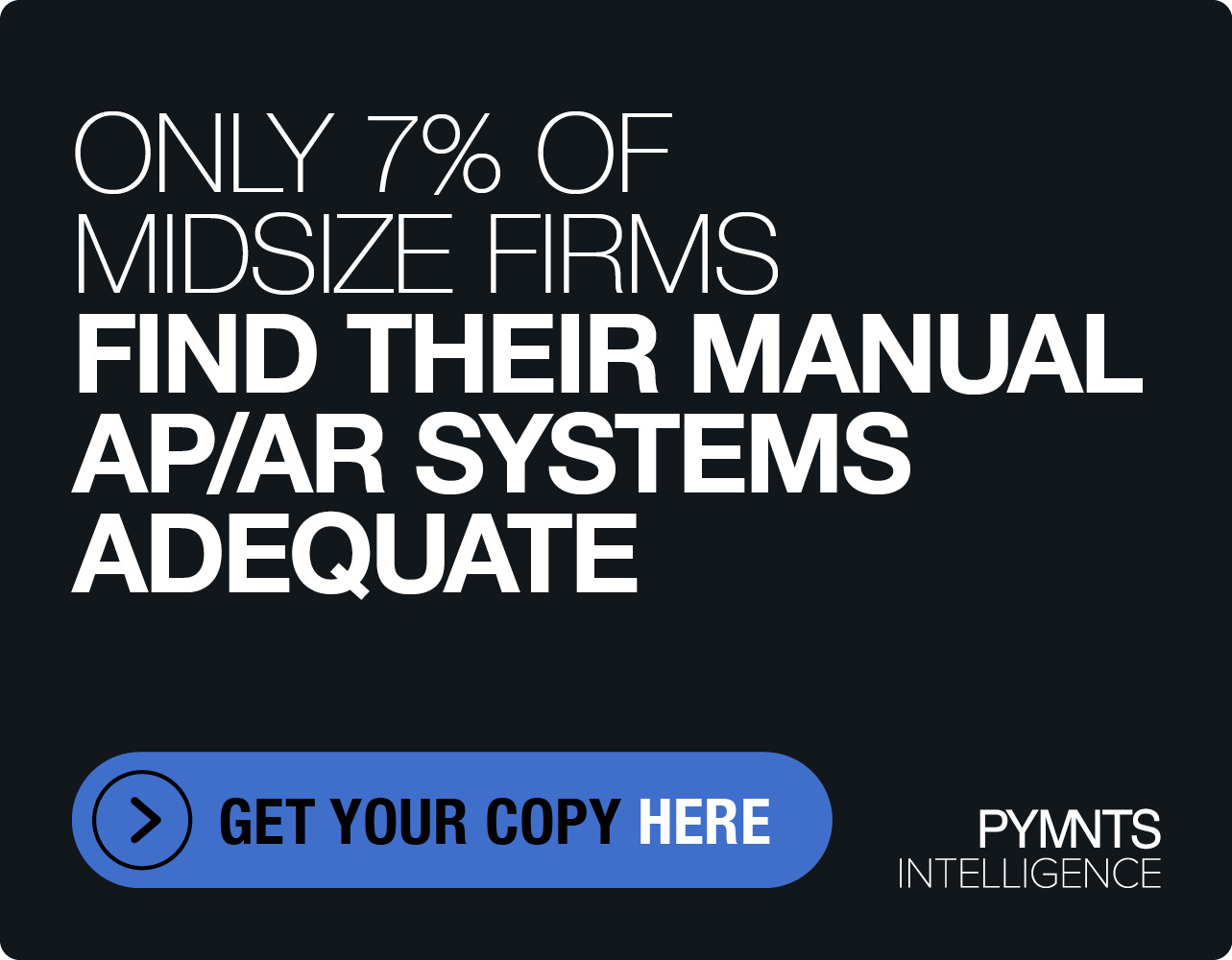Apple, Google Come Under Fire for Their Tap-to-Pay Walled Gardens

Contactless payments are now coming into contact with federal consumer protection agencies.
This, as the U.S. Consumer Financial Protection Bureau (CFPB) on Thursday (Sep. 7) published a new report entitled “Big Tech’s Role in Contactless Payments: Analysis of Mobile Device Operating Systems and Tap-to-Pay Practices,” which digs into the impact Apple and Google’s combined stranglehold on mobile devices like smartphones and watches could have on the growth of open and decentralized banking and payments in the U.S.
As cash use dwindles and digital payments rise, the dominant market share of both Apple and Google, whose operating systems are on 55% and 45%, respectively, of all smartphones shipped in the U.S., has turned them into de-facto gatekeepers around certain mobile-based payment innovations — particularly near field communication (NFC) technology, which is needed to execute tap-to-pay transactions.
“Payment systems are, by their very nature, networks. They are an appealing target for Big Tech companies since they can leverage vast existing user bases and troves of other personal data to expand into the market,” wrote CFPB Director Rohit Chopra in a statement.
He acknowledged that tech sector giants, some of the most valuable companies in the entire world, have “crept into the payments ecosystem,” and that his agency, the U.S. government’s top consumer watchdog, is “carefully evaluating Big Tech’s role.”
“We know that the existing financial market structure is full of chokepoints and toll booths imposed by large firms acting as mini-governments that can privately regulate markets and distort outcomes, particularly when it comes to payments,” Chopra added.
Representatives for both Apple and Alphabet, Google’s parent company, did not immediately reply to PYMNTS’ request for comment.
Read more: PayPal Bets on Tap to Pay to Drive Everyday Spend to Small Businesses
An Increasing Shift Toward Mobile Payments
The convenience benefits of accepting tap to pay, and contactless payments in general, are increasingly being embraced as a value-add for both consumers and merchants.
That’s why the CFPB has been worried for years about the potential for firms like Google and Apple to capture the market to the detriment of both consumer choice and ecosystem competition.
“Big Tech companies are eagerly expanding their empires to gain greater control and insight into our spending habits,” Chopra said a full two years ago. “We have ordered them to produce information about their business plans and practices.”
After all, the increasing shift in preference toward mobile device payments capabilities across both merchants and consumers underscores the important role the policies and practices of just a few companies play in retail payments.
Apple, for example, currently forbids banks and third-party payment apps from accessing the NFC tap-to-pay functionality on its devices and imposes fees through Apple Pay, which the CFPB estimates was used by 55.8 million consumers for at least one in-store payment during just the month of April this year alone. Those nearly 56 million consumers, for their part, had no other choice in the matter. It was either Apple Pay or nothing.
“While Google’s Android operating system does not currently restrict third-party payment app access to the NFC chip on Android devices, this policy could change in the future,” the agency notes.
See also: Tap to Pay Popular as Checkout Moves With Consumers Wherever They Go
Making Tap to Pay More Accessible
The CFPB explains in its report that restrictive tap-to-pay practices may reduce consumer choice and hamper innovation by disallowing smaller firms and nonbank financial services providers, who may have superior products, from entering, much less competing in, the growing mobile device payments landscape.
Analysts estimate that the value of digital wallet tap-to-pay transactions will grow by over 150 percent by 2028.
“Tap to pay is going to change the payments industry,” PayPal Head of Product for Microbusiness Ed Hallett told PYMNTS. “The lack of friction is laughable.”
And by erecting a walled garden, companies like Apple that establish closed and wholly owned payments ecosystems are making it harder to create a more open, interoperable, and decentralized banking and payments system that benefits both the U.S. and its consumers.
For its part, the CFPB plans to issue rules that will accelerate the shift to open banking within the U.S. in order to better support consumer choice and interoperability of marketplace options as it relates to retail payments.

